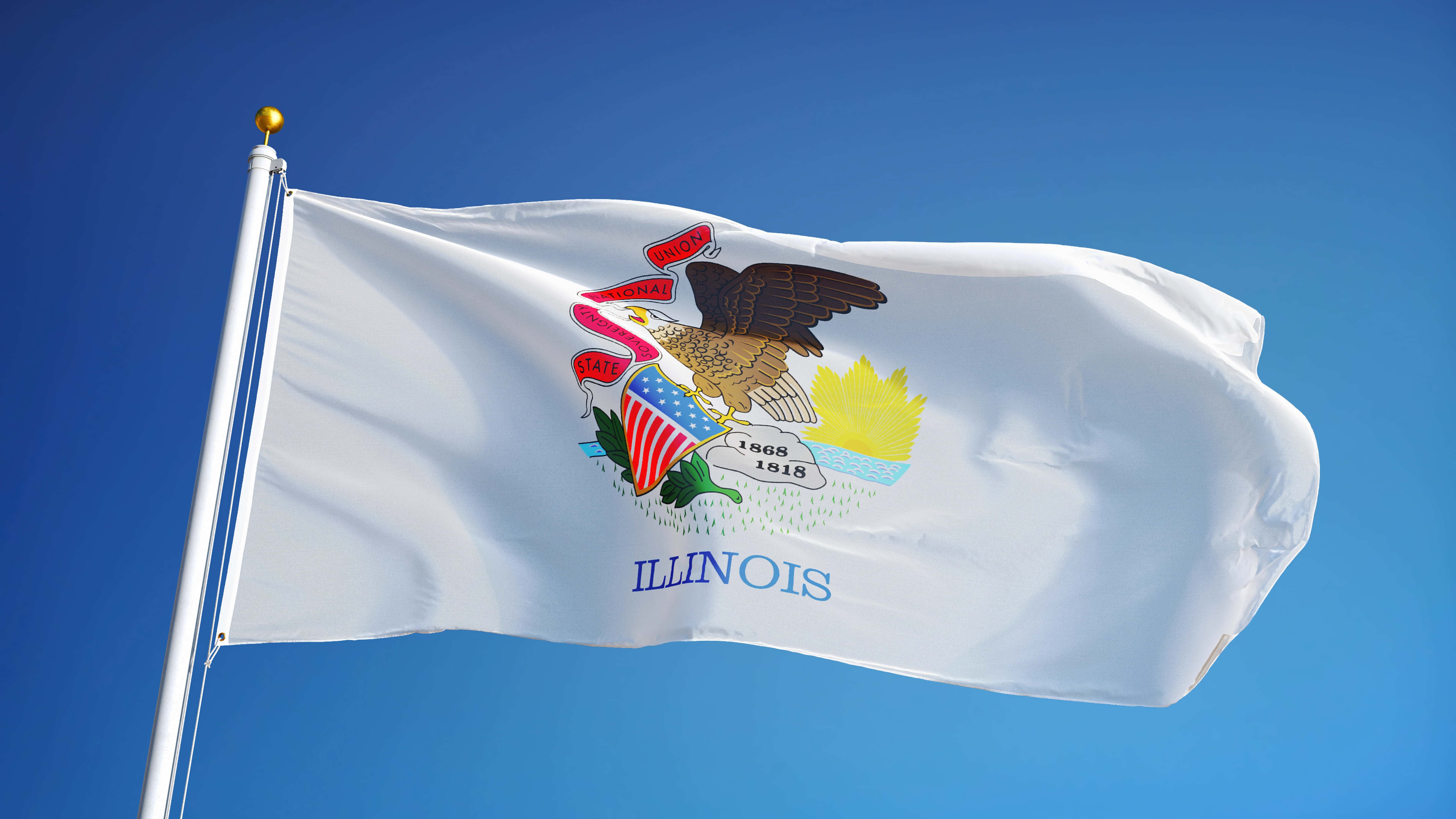
Gov. J.B. Pritzker touts the elimination of Illinois’ grocery tax, but others say the plan eliminates taxpayer protections from local tax increases.
Illinois’ 1% state grocery tax will go away Jan. 1, 2026, but local governments will be able to restore it locally without a referendum under a proposal awaiting Pritzker’s signature.
In 2022, an election year, Pritzker proposed a 12-month reduction of the state’s grocery tax from 1% to zero. Funds were increased in the budget for that period to assist local governments impacted by the lost revenue. The tax kicked back in for fiscal year 2024.
In signing the $53.1 billion fiscal year 2025 budget that begins July 1, Pritzker heralded the end of the grocery tax.
“We eliminated the state sales tax on groceries, which helps every Illinoisan deal with the effects of higher prices in the checkout line and keeps food on the table,” Pritzker said last week before signing the budget and budget implementation bill.
But, the grocery tax provision in House Bill 3144 wasn’t signed with the budget package. It remains on Pritzker’s desk and won’t actually zero out the grocery tax for another 16 months. That’s also when local governments can impose their own tax without a local voter referendum, as explained by state Rep. Kelly Burke, D-Evergreen Park, at 3:45 in the morning on the final day the House was in session last month.
“The bill then gives local governments the ability to impose a local 1% grocery tax via ordinance,” Burke said. “The bill also allows non-home rule communities in Illinois to impose a local sales tax up to 1% in increments of quarter-percent via ordinance rather than by referendum.”
Municipal groups opposed Pritzker’s initial proposal to zero out the grocery tax with no backfill, an estimated cost of more than $300 million to local governments. But, the Illinois Municipal League filed in support of the modified plan to allow local tax increases to bypass local voter referendum.
State Rep. Brad Halbrook, R-Shelbyville, criticized the move.
“This means the state is giving permission to local governments to go behind the backs of the taxpayers and pass tax increases way above what they are paying now in the grocery tax,” Halbrook said. “There is no excuse for the House of Representatives to be eliminating protections for local taxpayers just so the governor can tout a political victory for his grocery tax.”
Standing alongside Pritzker last week in Chicago, House Speaker Emanuel “Chris” Welch, D-Hillside, called the move historic.
“We’ve eliminated the state grocery tax while also providing historic support for local governments,” Welch said Wednesday.
Before it passed in the Senate, state Sen. Andrew Chesney, R-Freeport, also decried the plan.
“Everybody in this room knows you are not cutting a darn thing, you are not providing any relief to local municipalities,” Chesney said. “You are using this for campaign reasons and campaign reasons only.”
The measure also allows Chicago to impose up to a 9% 911 surcharge beginning July 1, 2024.
In Cook County, the measure provides a 1.25% rate on sales of food from the Regional Transportation Authority.
It also allows for Sangamon County to impose up to a 3% tax for hotels. The Illinois Hotel and Lodging Association was listed as an opponent to the bill.
BY GREG BISHOP WITH THE ILLINOIS RADIO NETWORK
